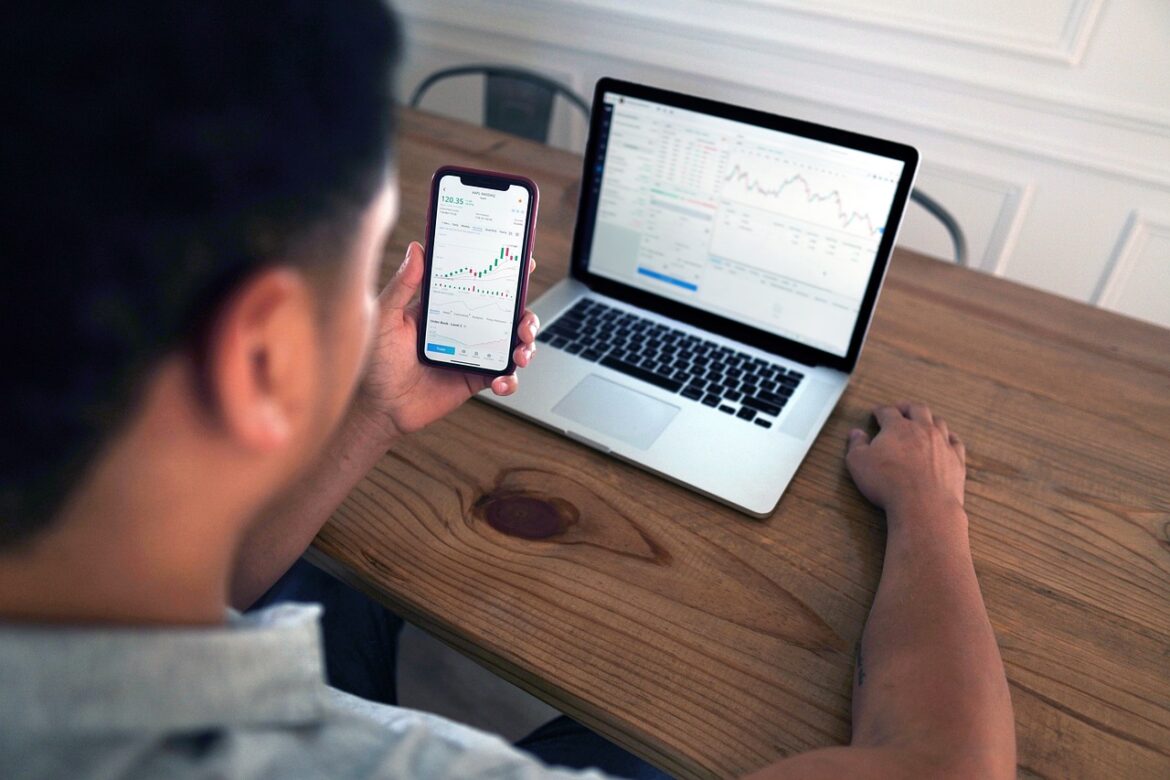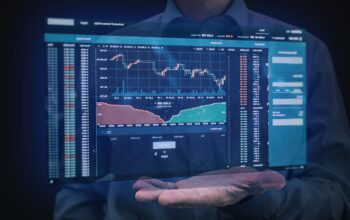The global forex market sees an estimated $7.5 trillion traded per day, at least according to figures published in April 2022.
This volume has increased markedly in recent years, with retail trading having seen a significant surge in demand throughout the digital age. What’s more, this trend shows no sign of abating anytime soon, especially with speculative investment assets like forex usually in high demand during strained economic times.
However, one of the biggest challenges facing novice traders is how to identify the best forex platform. I’ll explore this in the article below, while asking the key factors that should help to inform your decision!
#1. The Importance of Regulatory Compliance
This is the single most important consideration when searching for a viable forex broker, as it’s crucial that you only trade and share your financial information with a reputable broker that’s fully licensed and regulated.
The relevant regulatory body varies from one jurisdiction to another. In the UK, for example, all reputable brokers are licensed and regulated by the Financial Conduct Authority (FCA), while the National Futures Association (NFA) and the Commodity Futures Trading Commission (CFTC) assume a similar role in the US marketplace.
Regardless of where you trade, a licensed broker will have to display its credentials and accreditation clearly on its website.
If you come across a service provider that doesn’t either provide this accreditation or a hyperlinked licence number, it’s best to avoid it completely and seek out a more reputable alternative.
#2. The Range of Account Features
Once you’ve established that a broker is reputable, the next step is to review the full range of features that they offer to customers.
The full range can be quite large, so it’s important to prioritise the features that are most important to you. One of the most crucial features is leverage and margin, as this dictates the size of the positions you’re able to open in relation to your deposit. While most licensed brokers offer leverage of between 50:1 and 100:1, for example, so scale as high as 200:1 (meaning that a holding of £1,000 can manage a position worth up to £200,000.
Obviously you’ll have to manage leverage depending on your starting capital and level of experience, and it’s important to be conservative in your approach. After all, leverage can quickly destroy your account as the potential loss is magnified significantly.
You should also review the commissions charged by a particular broker, which may be a fixed percentage of the ‘spread’ (which describes the difference between the bid and ask of your selected forex pair).
Other key considerations include the range of currency pairs offered by the broker and their quality of customer service, as both can have a significant bearing on your experience while trading.
#3. What Trading Platform is it Compatible With?
On a similar note, each forex broker will also have its own recommended or proprietary trading platform. For example, many brokers are compatible with either the MetaTrader 4 or 5, which have dominated the forex landscape since the former’s inception in 2005.
Make no mistake; the trading platform that you utilise is crucial, as it provides a portal to your chosen market and dictates the ease with which you can undertake analysis, execute orders (especially in a high volume) and manage your risk.
It’s also important to note that not all trading platforms have been created equal when it comes to its analytical tools. In fact, it may combine any number of technical indicators, which may or may not be useful depending on your chosen trading strategy and methodology.
More specifically, you may rely on a unique combination of technical and fundamental analytical tools to inform your trades and timings, and it’s important to ensure that your preferred platform has the requisite tools to optimise your overall experience.
Ease of use and responsiveness are also important considerations, while they also partially explain why the MT4 remains the standard bearer in the marketplace to this day (even ahead of the upgraded MT5). This is especially true when engaging in scalping or the type of high frequency trading that drives inflated daily volumes, as you’ll need to be able to enter and confirm orders quickly and without compromising on accuracy.
The Bottom Line
By giving consideration to these factors and reviewing available FX brokers, you can hopefully make an informed selection that enables you to enjoy an optimal trading experience.
This can also help you to optimise your forex returns over time, by minimising commissions, accessing the ideal leverage and implementing your trading strategy in full.




